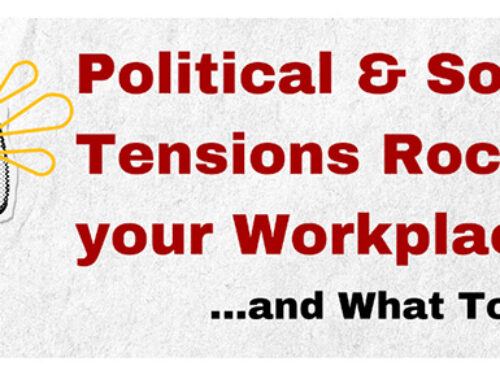

Does a high-pressure work environment ensure that employees work harder and faster? The short answer is no. Emma Seppala and Kim Cameron of the Harvard Business Review reveal that a stressful work culture has hidden costs that can harm a company. A cut-throat environment is likely to cause the following problems.
Health. Health care costs are 50% greater at high-pressure companies. About $500 billion of the country’s economy and 550 million workdays are lost to workplace stress every year. Stress causes both on-the-job accidents and serious health issues.
Disengagement. According to Seppala and Cameron, engagement is associated with “feeling valued, secure, supported, and respected,” and is negatively associated with cut-throat workplaces. Stress causes disengagement, which in turn leads to 37% higher absenteeism, 49% more accidents, and 60% more mistakes. Companies with disengaged employees may experience 18% lower productivity, 16% less profitability, and 65% lower share price.
You can create a more positive work culture by caring for and supporting your employees and colleagues, emphasizing how the work is meaningful, and introducing respect, gratitude, and trust into your organization. Practicing the Seven RespectfulDo’s is a great way to make your workplace better. Also try these suggestions from Seppala and Cameron.
Encourage social connections. When an organization is full of positive social connections, people get sick less and are less depressed. They also perform better on the job, learn more quickly, remember things longer, and tolerate pain better.
Be helpful. When leaders go out of their way to help employees, those employees become loyal. They’ll also be more likely to do the same for other employees, creating a cycle of positive and helpful employees.
For more tips on how to make your organization more positive, read the full article.




